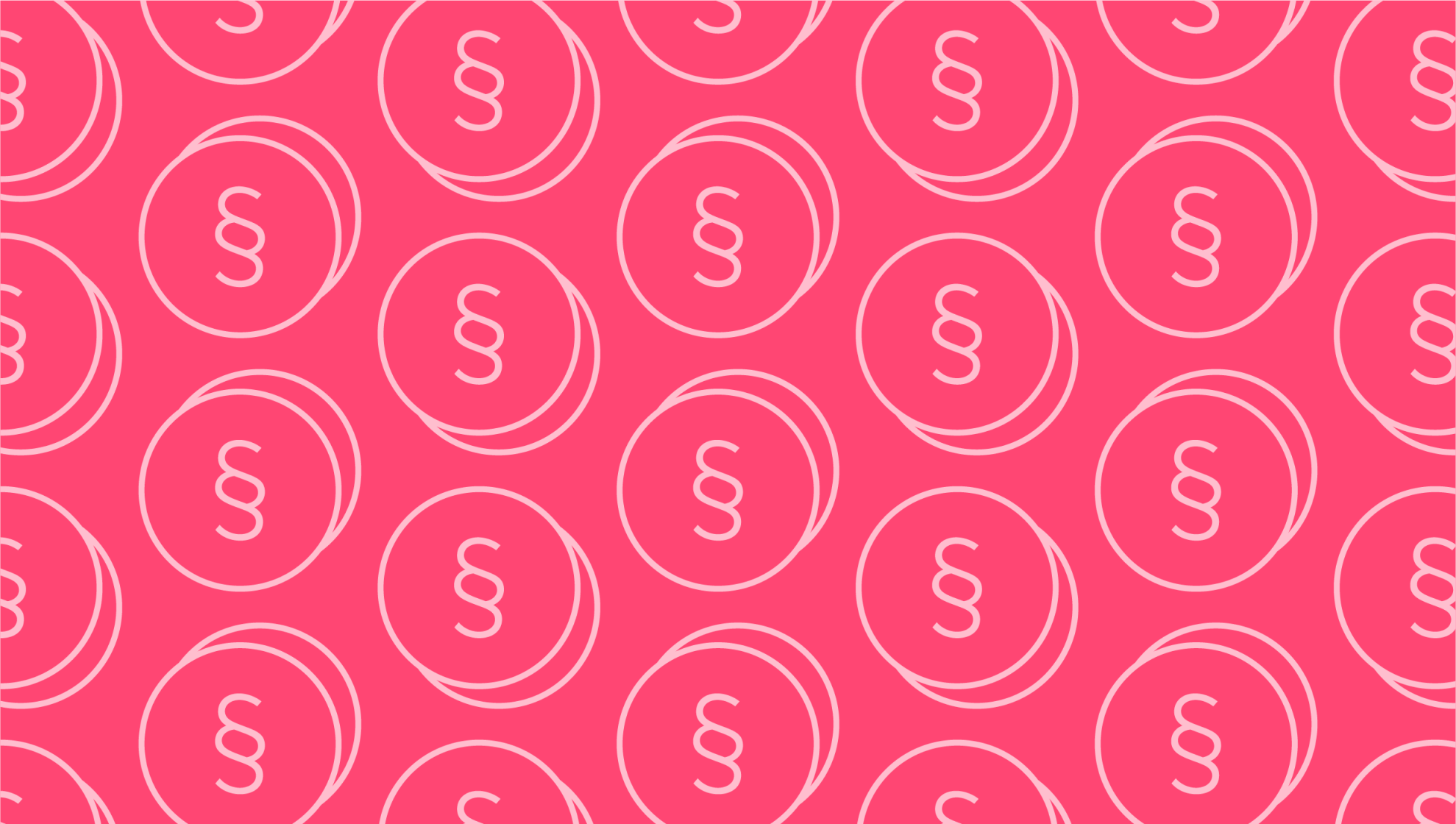
What Is a Licensing fee?
Last editedOct 20212 min read
A standard licensing fee is any money paid by a third party (licensee) to an owner (licensor) for permission to use a right, property or asset, whilst the licensor retains ownership.
A standard licensing fee usually consists of a fixed amount for a perpetual license, and most licensors expect one lump sum payment at the start of a license. Once a new owner has paid the fee, they become a licensee. Things that can be licensed include patents, software, and copyrighted works (like a photograph or logo). In addition, some occupations require licenses. For example, restaurants which serve alcohol must gain a liquor license and pay a liquor licensing fee to serve spirits. A fixed licensing fee is less common than a royalty fee, but they can be used in conjunction with one another.
An example of an average licensing fee
A great example of an average licensing fee would be if a ceramic company wanted to sell mugs printed with a major food brand’s iconic logo. The owner of the mug company would need to pay a licensing fee to obtain the license to use the image on their mugs.
Licensing fee vs royalty fee: what’s the difference?
When it comes to a licensing fee vs royalty fee, there can be some confusion. A license fee is typically a one-off payment, i.e., a fixed amount paid upfront. A royalty fee (royalties), on the other hand, are usage-based payments, i.e., continuous periodic fee payments. A royalty fee can be fixed or variable, but usually it’s activated by a specific milestone, like units sold or revenues generated. In a royalty agreement, the licensee isn’t required to pay unless it can make commercial use of the intellectual property, whereas a standard licensing fee must be paid upfront and is not usage-based.
What is a typical licensing fee?
Since fixed licensing fees are less common, we refer to a typical licensing fee as a royalty payment, paid monthly or annually. In this case, the price of a license to use any intellectual property is calculated according to an agreed percentage of a retail or wholesale price, and then multiplied by the number of items being produced. Royalty rates are typically 5-10% of a retail price, or 15-20% of a wholesale price. However, these are usually subject to agreement. An advance payment of 25% is often used for higher value licenses.
What factors affect a typical licensing fee?
There are many benefits involved in licensing for both parties. Royalties can provide a continuous source of revenue to a licensor, whether that’s from a licensee e-commerce business or technology developed from a licensed patent. For a licensee, increased revenue can be made from a new license and royalty payments can be delayed until they are equal to some portion of any upfront license fee paid. Because of these factors and more, thorough consideration is required in the development of a typical licensing fee agreement.
The following factors are usually considered when structuring a typical licensing fee agreement:
Expected sales, volumes and market penetration
Possible risks
Existing royalty rates in the industry
Research and development costs
Costs to start
Nature of rights granted
We can help
GoCardless helps you automate payment collection, cutting down on the amount of admin your team needs to deal with when chasing invoices. Find out how GoCardless can help you with ad hoc payments or recurring payments.
